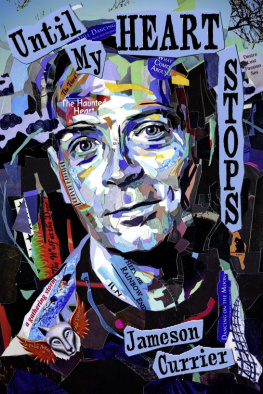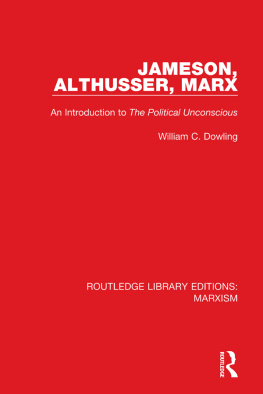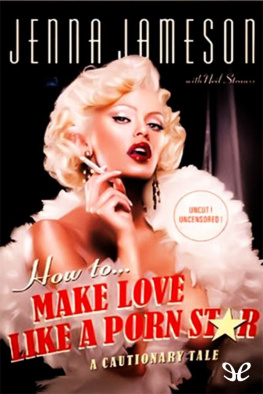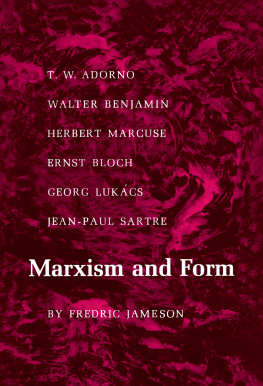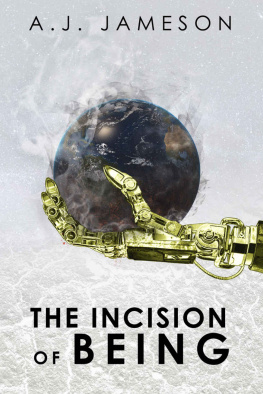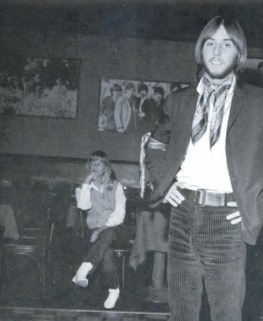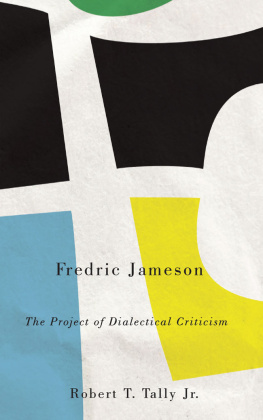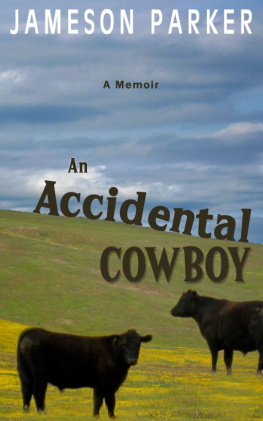Journey from the North, Vol. 1
Autobiography of Storm Jameson

This electronic edition published in 2011 by Bloomsbury Reader
Bloomsbury Reader is a division of Bloomsbury Publishing Plc, 50 Bedford Square, London WC1B 3DP
Copyright Storm Jameson
First published in 1969
The moral right of author has been asserted
All rights reserved
You may not copy, distribute, transmit, reproduce or otherwise
make available this publication (or any part of it) in any form, or by any means
(including without limitation electronic, digital, optical, mechanical, photocopying,
printing, recording or otherwise), without the prior written permission of the
publisher. Any person who does any unauthorised act in relation to this publication
may be liable to criminal prosecution and civil claims for damages
ISBN: 9781448200030
eISBN 9781448201358
Visit www.bloomsburyreader.com to find out more about our authors and their books
You will find extracts, author interviews, author events and you can sign up for
newsletters to be the first to hear about our latest releases and special offers
Written for my judges
the forgotten men and women who made me
Contents
Part I
AVOID THIS SPRING
Part II
THE GLITTERING FOUNTAINS
So soon as ever your mazed spirit descends
From daylight into darkness, Man, remember
What you have suffered here in Samothrace
What you have suffered
To the left hand there bubbles a black spring
Overshadowed with a great white cypress.
Avoid this spring, which is Forgetfulness;
Though all the common rout rush down to drink,
Avoid this spring!
ROBERT GRAVES
Chapter 1
There are people, there are even writers, whose lives were worth recording because they were passed in strange or exciting ways, or involved famous persons, or could be written as the story of a great mind in search of its beliefs. I have a good but not a great mind; my chances of meeting great men have been few and I have not sought them: the men and women who have come nearest slaking my curiosity about human nature have been obscure as well as alive with humours. The humours of the great are usually too well groomed.
What is a record of my life worththe life of a writer treated with justice in circles where camaraderie, cette plaie mortelle de la littrature, is the merciful rule?
Perhaps little, except that as a life it spans three distinct ages: the middle class heyday before 1914, the entre deux guerres, and the present; three ages so disparate that to a person who knows only the third the others are unimaginable. Anyone born before 1900 can examine one civilization as if it were done withas it is, but for noticing that a few of its ideas and traditions are still feebly active. Indeed, I can excavate two finished stages in society, since I remember sharply the one I rebelled against while continuing to live blindly by more than one of its rooted assumptions: that people of my class do not starve, that reticence in speech, and clean linen, are bare necessities, that books exist to be read. I ought to be able to describe them both.
Possibly I lack the coolness to give a dependable account of them to the ignorant. I can try.
That arrogant half-sarcastic phrase, it can be tried, is one I heard so often in my North Riding childhood that it has become an instinct. I seldom know when I am being led astray by it. It was a servants saying, but a northern servant.
The span of my life is even longer than it seems, since its roots are twisted round hundreds of lives passed in the same place. Only a life starting from centuries of familiarity with the same few fields and streets is better than fragmentary. If there is any tenacity in me, any constancy, if there is an I under all the dissimilar Is seen by those who know or knew me as daughter, as young woman, undisciplined, confident, absurd, as wife, as friend, the debt is owed to obscure men and women born and dying in the same isolated place during hundreds of years.
All I could do to destroy the pattern, I have done.
What Pascal, writing about Montaigne, called le sot projet qutt a de se peindre is, after all, a book like any other. If it is dull, it will quickly be forgotten. Or, if it is not readable now, when there are people alive able to compare the portrait with the original and find it distorted or a lie, it may become readable when neither they nor I are here to protest.
How far can I hope to give a true account of an animal I know only from the inside? Nothing would have been easier for me than to write one of those charming poetic memoirs which offend no one and leave a pleasant impression of the author. I am trying to do something entirely different. Trying, in short, to eat away a double illusion: the face I show other people, and the illusion I have of myselfby which I live. Can I?
It is true that what one sees from the inside is the seams, the dark tangled roots of feeling and action, which may be just as misleading, as partial, as the charming poeticized version I am trying to reject. But it is a truthknown only to me.
I feel an ineffaceable repugnance to writing about close friends. Of the few people, men and women, I know intimately, I can bring myself to write down only the least intimate facts. This falsifies the record at once. But what can I do? Nothing.
The real story of a life would consist in a recital of the experiences, few or many, in which the whole self was engaged. The greater part of such a book would be very dull, since as often as not our whole self turns its back contemptuously on the so-called great moments and emotions and engages itself in trivialities, the shape of a particular hill, a road known in infancy, the movement of the wind through grass. The things we shall take with us at the last will all be small.
I wrote this, or something very like it, in a novel published thirty years ago. It is probably true. The pain and ecstasy of youth, the brief happiness, the long uncharted decline, can be summed up in the tune of a once popular waltz, of no merit, or the point in a country lane where the violence and hopelessness of a passion suddenly became obvious, or the moment when a word, a gesture, nothing in themselves, gave the most acute sensual pleasure. None of these can be written about.
It will be easy, too, to lose ones way in an underworld where time is no longer a succession of events, one damned thing after another, but a continuous present in which the dead, and the little I know about them, jostle the ghosts of the living. And where the antique chorus of frogs listened to in March 1935 in Spain isat the same momentdistending the darkness above a lake in northern New York State fourteen years later.
The first thing I remember is the deck of a ship in sunlight. A lady, her face hidden from me by the parasol in her hand, is there in a low chair. My head, which does not reach above the arm of the chair, aches. I must just have told her so. Without turning her own, she answers, Nonsense. Children dont have headaches.
She must have been mistaken. Some indefinite time later I am lying peaceably at the bottom of a crevasse, its walls densely white; two persons, indistinct, are looking over the edge, and one of them says, Shes sinking. The ship, I think. That the ship is sinking out there is no business of mine, and doesnt ruffle me.
My third memory is of a field of marguerites, so long-stemmed, or I at the time so short, that they and I were face to face, eye against incandescent eye. The whiteness seared, dazzled, blinded, a naked seething radiance, whiter than all whiteness, running out of sight.


